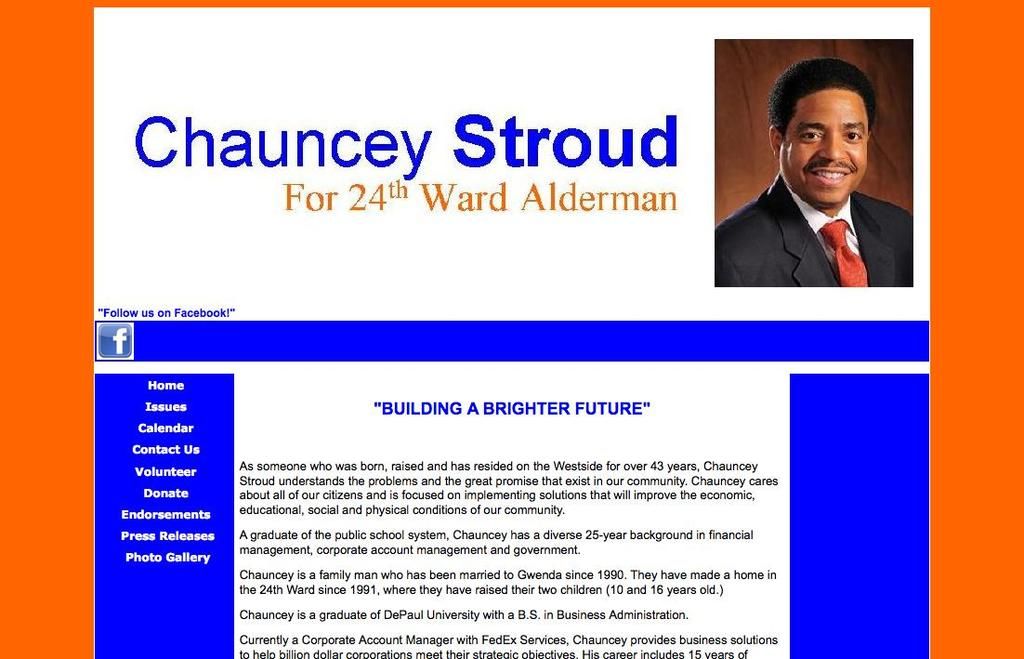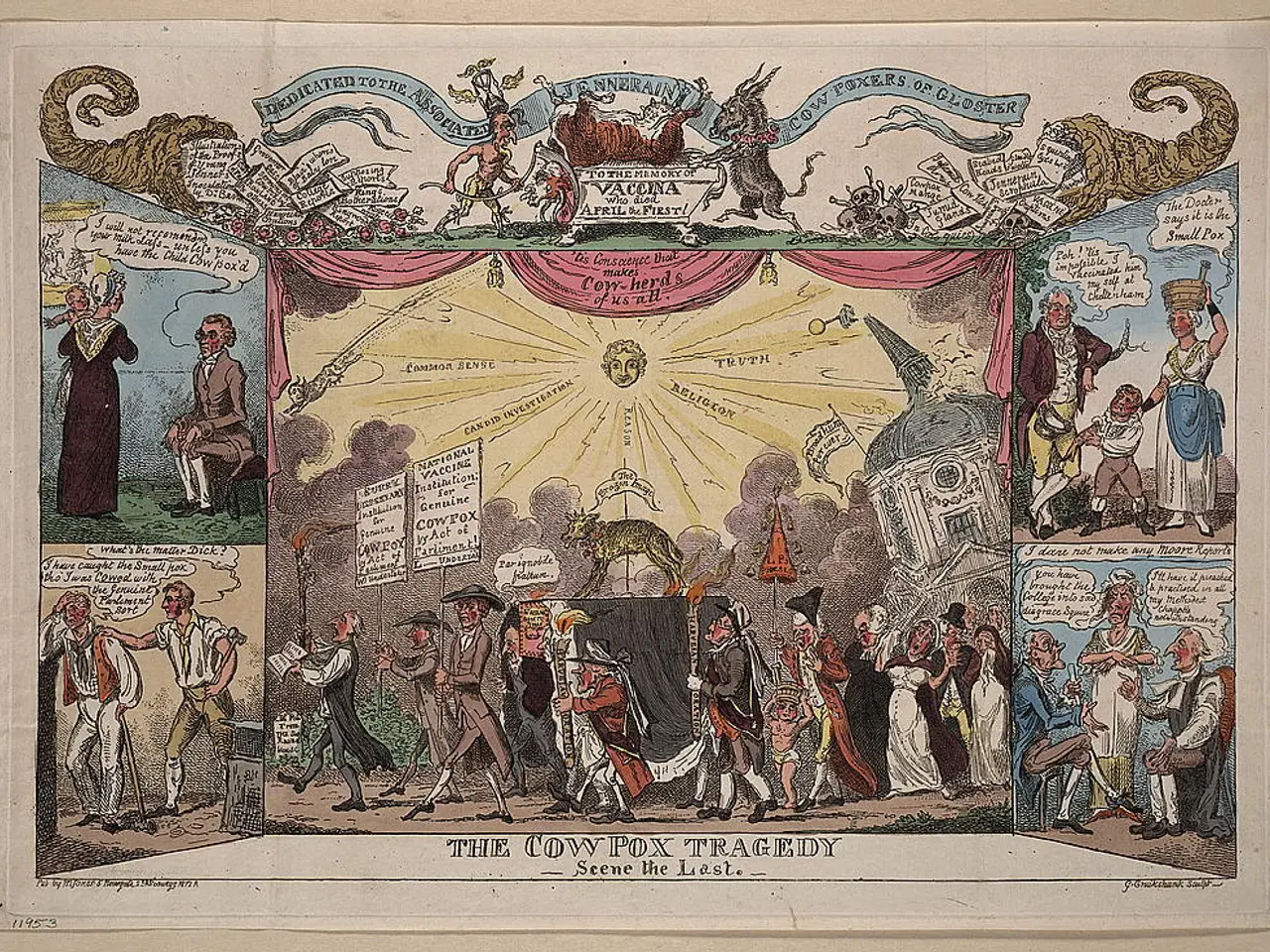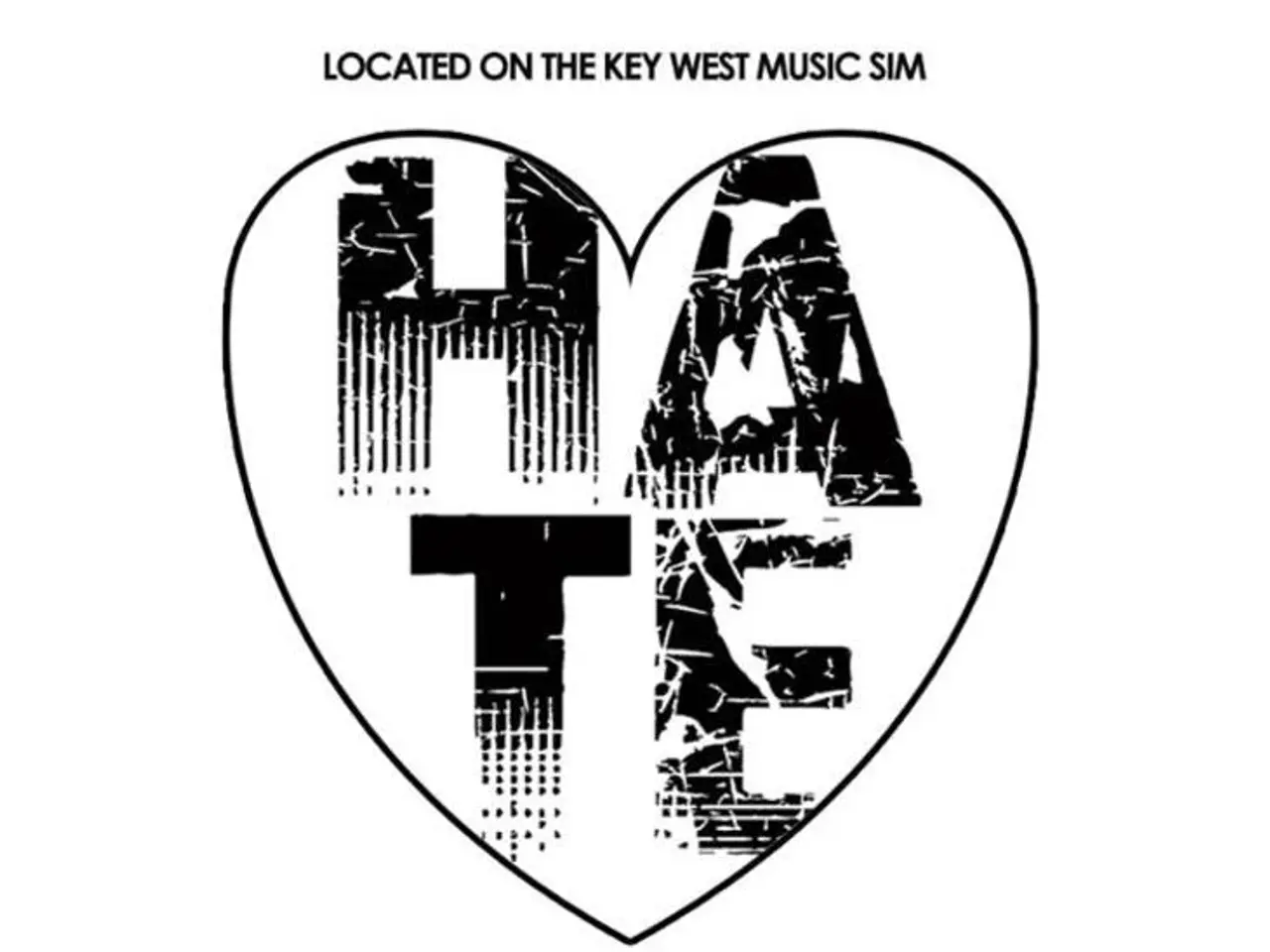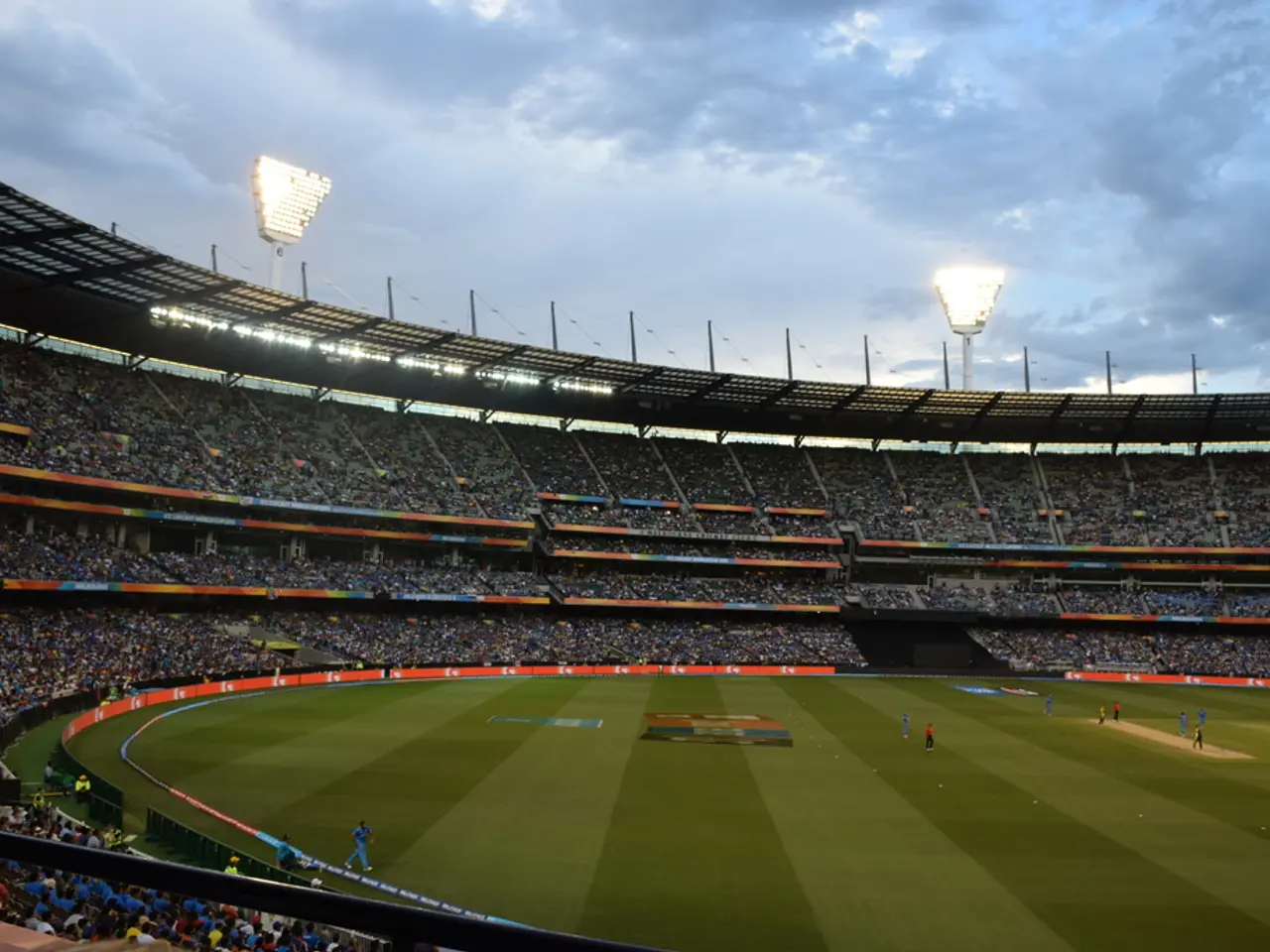Poland's Presidential Race: A Tight Tussle Between Forward and Backward!
Poland's Presidential Election: Progress or Retrogression? - European lawmakers endorse the stated report
It's a nail-biter in Poland as the country heads toward a decisive presidential runoff! By late afternoon, half of the eligible voters (54.91%) had already gone to the polls, according to the electoral commission. The race between the liberal Warsaw Mayor, Rafal Trzaskowski, and the right-wing conservative Karol Nawrocki is so tight, it's like a political dance!
But this dance will have substantial implications for Poland, its EU and NATO membership, Europe, and Germany. The election is shaping up to be a referendum on the direction Poland should take, with each candidate representing a starkly different vision.
"To move forward or to retreat?" asks popular magazine Polityka, reflecting the dilemma facing Poland. If Trzaskowski wins, his victory could provide a powerful ally and supporter to the pro-EU Prime Minister, Donald Tusk. This would strengthen Tusk's reform agenda, aiming to keep Poland on a progressive track.
On the other hand, if independent historian Nawrocki emerges victorious, Tusk faces a tough mountain to climb. With backing from the influential PiS, Poland's largest opposition party, Nawrocki's veto power could create turmoil and make governing nearly impossible for Tusk. This could result in an unstable Poland, early elections, and potentially the return of the PiS to power.
Poland: An Economic Power at Its Prime
An EU member since 2004, Poland has enjoyed steady economic growth over the past two decades, with a few hiccups. On average, income has more than doubled since 2015, standing at around 2113 Euros. A network of highways, funded partially by the EU, crisscross the country, and mobile coverage is extensive. Poland's railways run efficiently, homes boast double garages and solar panels, and the mobile payment system Blik is widely used, showing rural areas sharing in prosperity.
Militarily Significant due to Ukraine Tensions
Russia's war with neighboring Ukraine has heightened Poland's role in NATO. Poland is now a crucial logistics hub for Western military aid to Kyiv. Though Poland feels threatened by Russia, it's boosting its military, planning to spend 4.7% of its GDP on defense. With military personnel numbering 206,000, Poland's military strength surpasses Germany's Bundeswehr significantly.
Urban Liberals vs Rural Conservatives
However, what direction Poland should head varies greatly among the population. The first round of voting showed that Trzaskowski, who champions LGBTQ+ rights and advocates for a pro-European stance, draws most support from urban areas.
In contrast, a growing sense of being left behind, caused by the accelerating changes in society, is widespread in the countryside. Many supporters of Karol Nawrocki yearn for "normality" - a simple life, strong traditional family values, less Europe, less migration, and more focus on their nation.
Fears of Sovereignty Loss
Despite his questionable past, which includes a history of involvement in football hooliganism and ties to the red-light district, Nawrocki has found success by appealing to people's fears of losing Polish sovereignty. He's quick to point out that the EU wants to distort Poland into a "county with a Polish population" and drain it of its autonomy.
The Right-Wing Extremist Factor
With rising political disillusionment due to the longstanding power struggle between Donald Tusk and Jaroslaw Kaczynski, over 21% of voters cast their ballots for two right-wing extremist candidates in the first round. Their supporters are far from loyal, with many protesting the system and disrupting the status quo.
In conclusion, the Polish presidential runoff will determine whether Poland leans further into a nationalist agenda or resumes a more European path. Either way, this election promises to have profound implications for Poland, Europe, Germany, and the wider world.
The upcoming Poland presidential runoff could decide whether the nation leans towards a more nationalist or European direction, with potential consequences for its EU and NATO membership, Europe at large, and Germany. If Warsaw Mayor Rafal Trzaskowski wins, he could strengthen the hand of pro-EU Prime Minister Donald Tusk, promoting his reform agenda and maintaining Poland's progressive trajectory. On the other hand, if independent historian Karol Nawrocki emerges victorious, Tusk may face an uphill battle, as Nawrocki's support from the PiS and potential veto power could create instability and possibly lead to early elections, potentially resulting in the PiS regaining control. This election also highlights the divide between urban liberals, who support Trzaskowski and his pro-EU, pro-LGBTQ+ rights stance, and rural conservatives, who prefer a simple life, strong traditional family values, less Europe, less migration, and a focus on national matters, as represented by Nawrocki.








